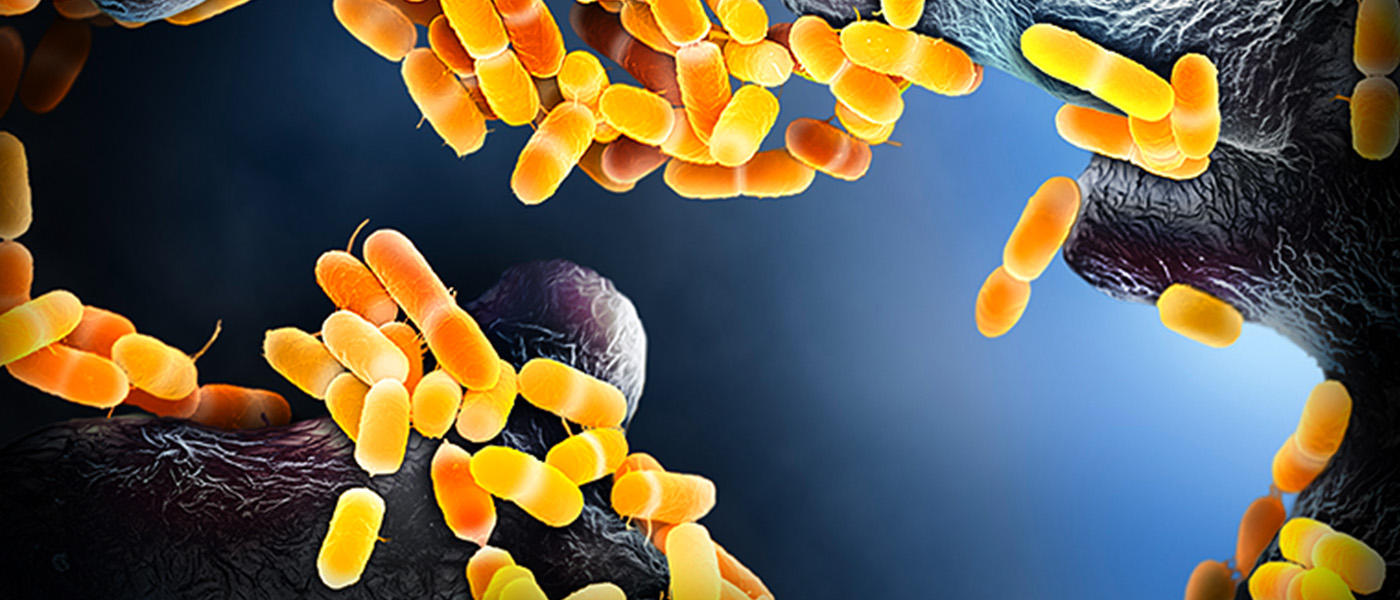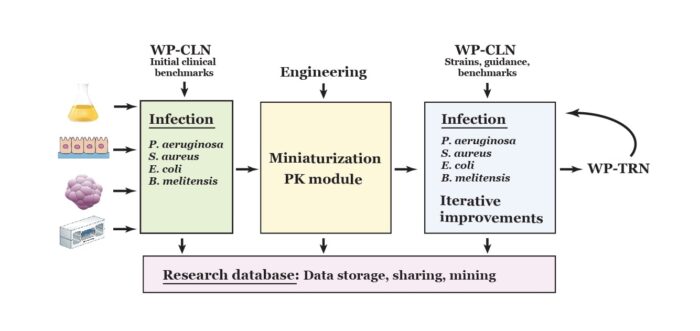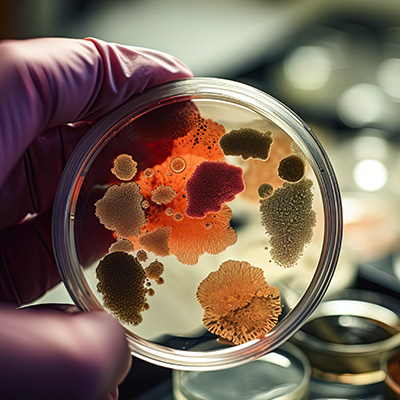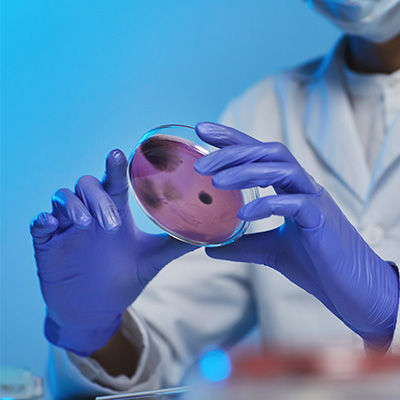Models Mimicking Human Infection
Our approach studies the complex interactions between pathogenic microorganisms and the human host in vivo to guide the development of human tissue-based in vitro models.
NCCR AntiResist aims to develop miniaturised patient-like in vitro models for discovery and development of novel antimicrobials under relevant conditions. We focus on human mimetic models of lung, bladder, skin and inflammatory lesions at different levels of complexity. We validate basic characteristics of these models and determine their suitability for studying infection by our focus pathogens (P. aeruginosa, E. coli, S. aureus, B. melitensis).

Early information from patient samples will then be used as benchmarks for model prioritisation. The most promising models will be miniaturised and optimised for throughput to facilitate screening applications, and connected to a pharmacokinetic (PK) module to enable pharmacodynamic (PD) studies. Clinical benchmarks will be used as guidance for iterative cycles of model refinement to better approximate relevant pathogen physiology. We will then provide validated models with different levels of complexity for translational applications.
Our three focus approach
- Select and validate available models for lung, skin, bladder, and granuloma
- Miniaturise promising models for increased throughput and reduced costs
- Refine miniaturised models based on guidance and benchmarks from clinical studies

Leadership of Models Mimicking Human Infection Research

Leader:
Andreas Hierlemann »

Co-Leader:
Petra Dittrich »







